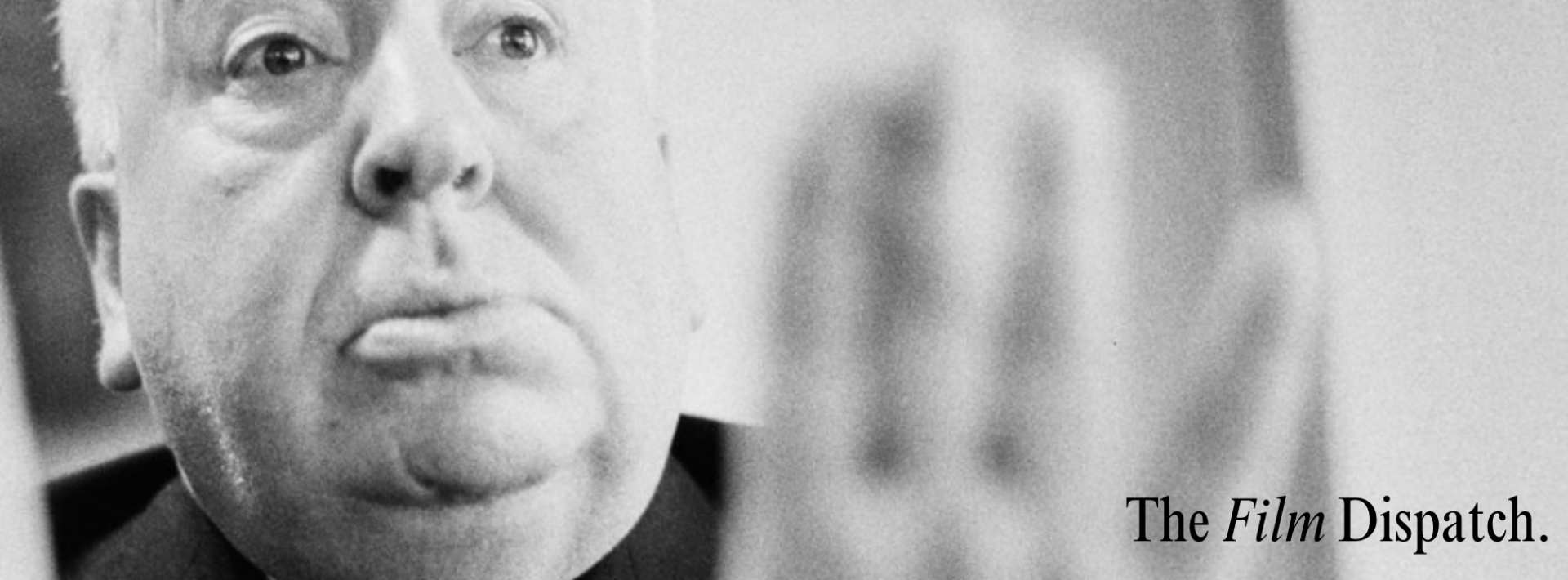The poet Friedrich Hölderlin, who wrote ‘Man, live poetically’ at a time of poverty and sickness, exhorted us to search for the poetry of life, whether we are in a state of mediocrity or we have already achieved so much that we have nothing more to strive for.
But, we do not live in the days when of carriages and letters, when the world moved at a slower pace. When most people were swept forward by the torrent of life, only thinking of how to make ends meet, and unable to go out to face the roaring waves in sea and spring blossom. Film allows people to have a glimpse of the dazzling light of the outside world. People start to chase after elephant in Manchuria, look for the man called Alyosha, to build their own spaceship, to imagine a thread from their wrists that allows them to swing between skyscrapers.
Film gives us infinite hope that what is shown to us does not only belong to the reality and potential of film characters but, also belongs to us. When the lights dim and the curtain is pulled back, we hear intakes of breath and explosions, feel joy and fear, witness growth and death. We sit on the stone steps of the Cinque Terre and tell each other our feelings, we stand in a collapsed church and talk to death through the windows, we see blood spurting out of a hut in a Parisian slum and a life passing away like an animal.
In an era where it is impossible to slow down, poetry seems to have become a luxury. But, film gives us the possibility of slow down too. We travel freely from universe to universe, living in shell after shell, breathing deeply of life. Man, living at will in the cinematic universe.
人,恣意地生活。
诗人弗里德里希·荷尔德林在贫病交加之时写下“人,诗意地栖居”这般绝唱,他劝诫我们,不论是为生活庸庸碌碌奔走的人,还是早已成绩斐然无所欲求的人,都应当主动探寻生活的诗意。
但这已经不是车马慢,书信也慢的从前了,大多数人都被生活的洪流冲得只念着如何抓紧水边的稻草,而无力去走向那条面朝大海春暖花开的路。是电影的大众化,让人们能在夹缝之中看到一丝恣意的光。于是,人们开始奔向满洲里的大象,开始寻找那个叫阿廖沙的男人,开始建造自己的飞船屋,开始想象自己的手腕生出一条线,在摩天大楼间荡秋千……
电影给了我们无限希望,这个水晶映像中反映的不仅是属于电影角色的现实和潜在,更属于我们。灯光暗下来,幕布拉开,我们听见呼吸和爆炸,感受喜悦与恐惧,见证成长与消亡…我们坐在五角场的石阶上,与“她”互诉衷肠,我们站在破败的教堂里,隔着窗户与死神对话,我们在巴黎贫民窟的小屋里,看见血液喷薄,一条生命像动物一般消逝…
在这个无法慢下来的时代,诗意似乎已经成为奢侈,但电影赋予了我们恣意的可能性。我们恣意地穿梭在一个又一个宇宙中,恣意生活在一个又一个躯壳里,恣意地呼吸生命的气息。人,恣意地生活在电影宇宙里。
Written for The Film Dispatch by Xinxin ‘Sasha’ Wei.
